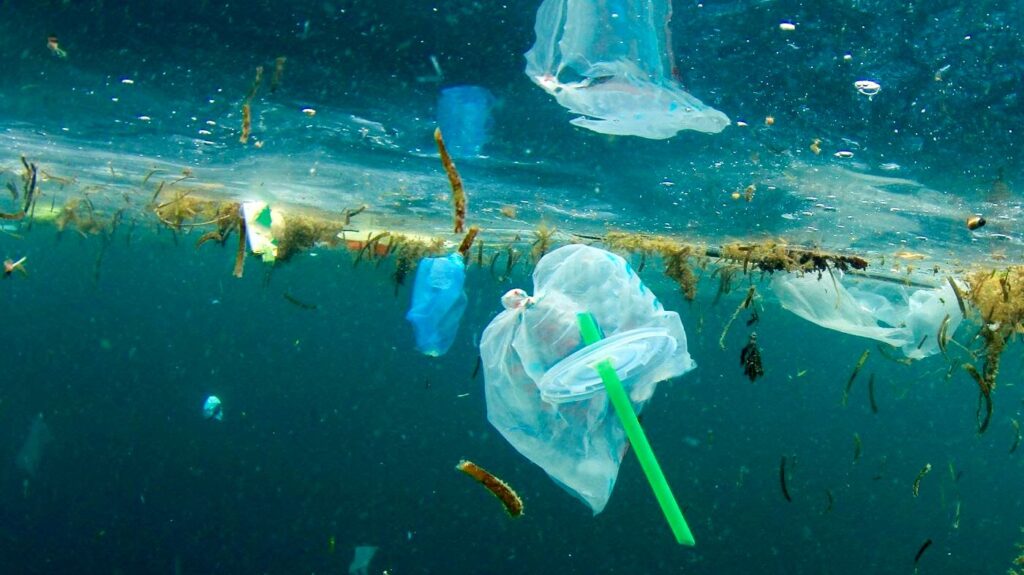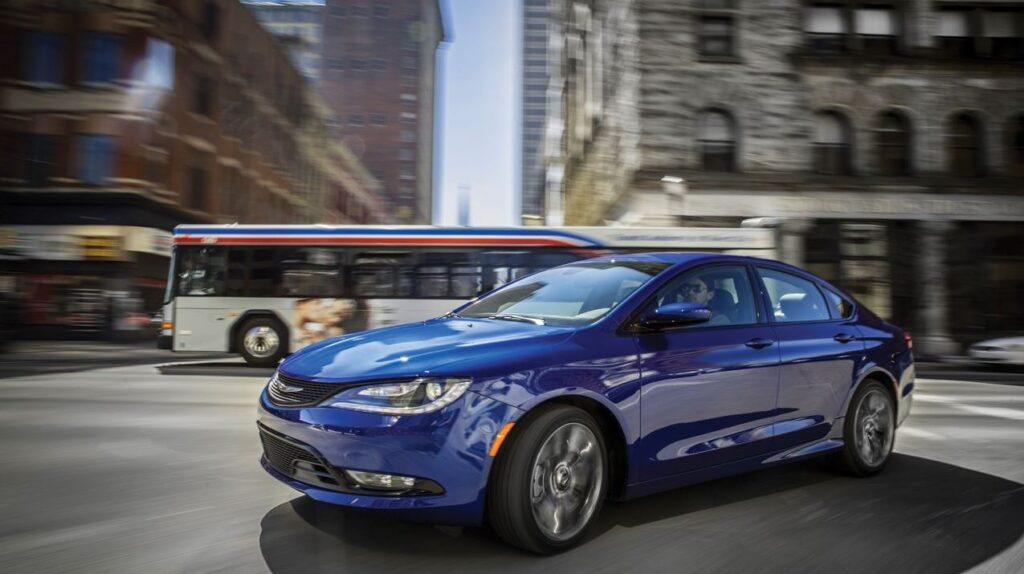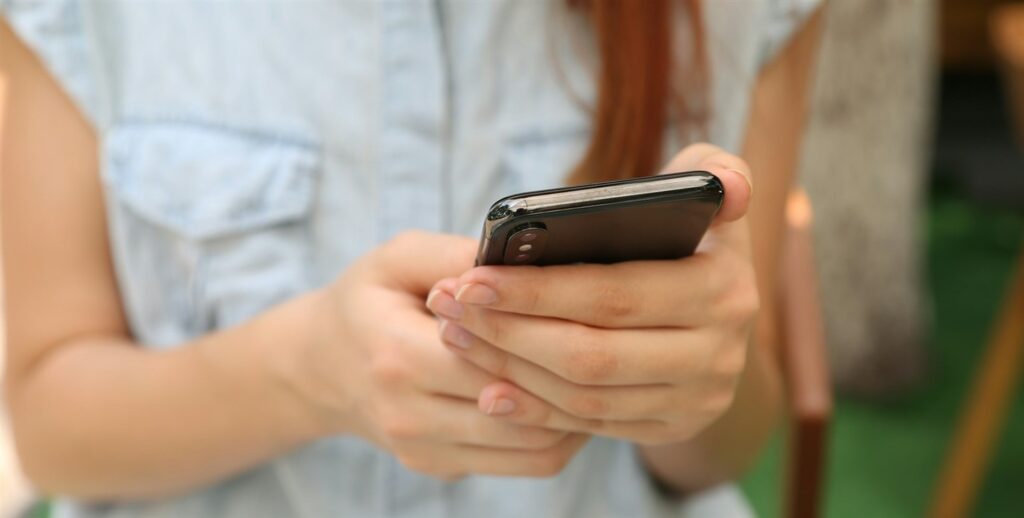Time to think about your favourite fast food chain and its bad practice of creating tons of unnecessary waste. Where does the fast food packaging end up at the end of the day? Unfortunately, most of the packaging is NOT recyclable, biodegradable and compostable. What a waste! When recently China closed its doors to imported recycled waste, it sent a wake-up call to other countries. Are we doing enough to recycle and practise the 6-R’s? We need to think further about fast-food paper wrappers, plastic lids and cartons going into the trash.
Fast food packaging
Have you thought about your coffee cup at Starbucks that keeps your overpriced Americano nice and hot? Probably not. Unfortunately, the plastic-coated cup makes the cardboard soggy-free and non-recyclable. Some fast food establishments encourage the consumer to sort their waste upon disposal whether it is organic, general waste or recyclable. Coffee shops are a little behind. Last week, McDonald’s announced that it will recycle packaging in all of its almost 37,000 restaurants globally by 2025. Their packaging will come from renewable, recycled or certified sources. A pretty lofty goal, but it is a good start.
Straws and cups can be reused
We need to change our behaviour and reduce the amount of wasteful packaging. What about other coffee shops like Starbucks? One way to change consumer behaviour is to pass the cost to them— Starbucks may charge a small premium fee or surcharge for disposable cups or staws in the future. Don’t they gouge us enough already? The better option is to get the suppliers thinking “green” — biodegradable, compostable, edible or plant-based alternatives that will break down in the landfill. Additionally, there are numerous reusable cups and mugs available in the market; we simply need to remember to bring them along when we go shopping.
Sort, recycle and re-use
Due to the imported foreign waste ban from China, the EU made a big policy change: all plastic packaging will be recyclable or reusable by 2030. Burning and burying plastic and other raw materials is not the answer. Consumers face possible levies and higher taxes with the construction of large-scale recycling and sorting facilities. Will other countries follow suit? In Canada, aluminum tin, newsprint, cardboard and glass are separated and sorted at the recycling plant — this is a costly and tedious process. Not to mention it uses a large amount of energy and contributes to greenhouse gases. What about the low-grade recycling materials that have no home? It continues to stockpile until we find a local or domestic market. The Canadian Plastics Industry Association (CPIA) is trying to help recyclers find long-term, secure markets.
Practising the 6-R’s
I was taught about the 3-Rs in school, but apparently, this has changed. The 6-R’s is a fresh take on the concept. We need to do a better job of recovering raw materials, reusing recyclable materials and rethinking what we consume. A lot of it boils down to changing our lifestyle and what we can do with existing materials instead of throwing them in the trash. Buying a coffee? Bring a travel mug to reuse. Leftover packaging from your child’s toy can be used for making a craft or Christmas decoration. If your coffee machine breaks down, fix it! What about encouraging consumers to compost at home? Let’s convert the organic waste to Ethanol gas for resale in the local domestic market. Dumping our waste onto another country’s doorstep does not work!


Ban plastic bags
According to Tierney, 90 percent of recycling’s greenhouse benefits come from aluminum, paper, and cardboard. What about glass and plastic? Not much strain on the environment or the economy so it is not worth the effort to recycle plastic. Besides, some plastic may not even be recycled. Depends on where you live in Canada. Do you want paper or plastic? A Sobeys grocery bag left on the curb may end up sailing to China to be recycled. This brings up the point of banning single-use plastic bags. Can’t we use sustainable alternatives? Many grocery stores charge for plastic bags and encourage reusable bags. Some municipalities banned plastic bags, but we should have a nationwide ban. Single-use plastic takes mere seconds to make in a factory but may take decades to break down in a landfill site. Look at all the other single-use plastics: straws, cups, bottles etc. Plastic bags are one component of a large social problem that must be addressed.
The new sustainable “plastic economy”
To reduce the amount of waste, we need to change our behaviour and be proactive. We can reuse our items or take them to the Bottle Depot. We also pay Eco fees and environmental fees on drink containers and electronic products. This helps Alberta cover the cost of recycling and processing materials. However, we still rely on plastics (polymers) that come from oil, a carbon-rich source. Maybe the fees and taxes could fund more eco-friendly plastics production. We have to find more cost-effective and sustainable solutions in the coming years.
Let’s change our behaviour and habits when it comes to handling waste. Is the plastic recyclable and is the rest of your burger packaging biodegradable? Don’t be surprised if it ends up in a 3rd world country or a local landfill site. Not everyone takes our waste so we need to be proactive, be creative and find a homegrown solution. What are your thoughts?

